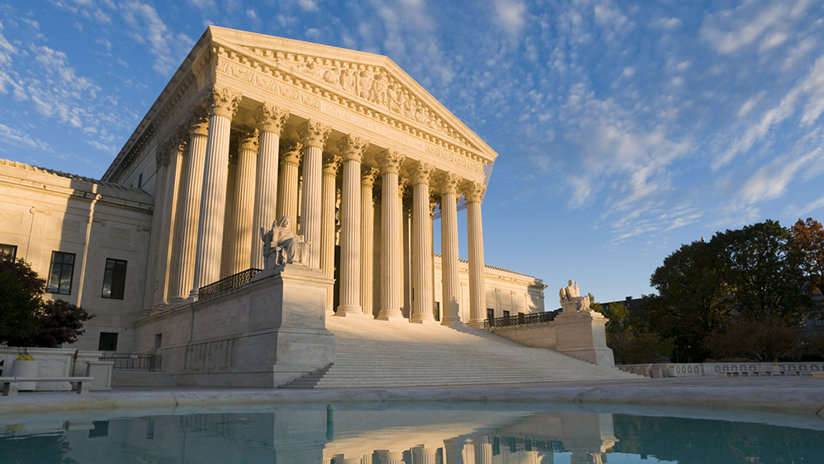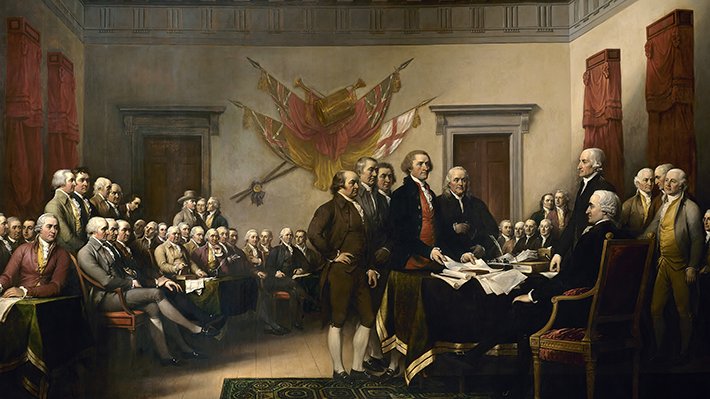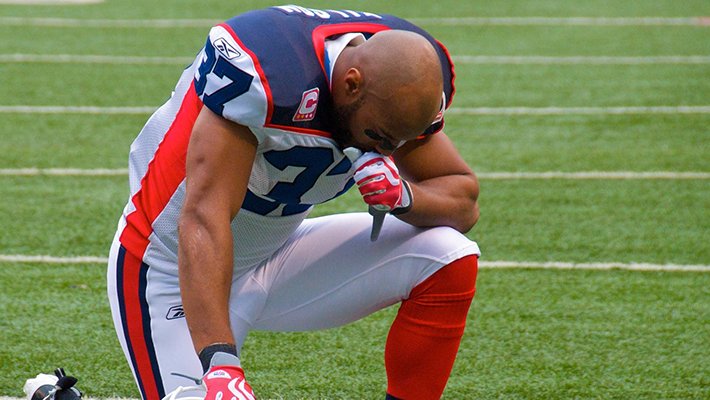
-
HOME
-
WHAT IS STANDOur Mission Our Values Our Help Contact
-
WHAT WE FIGHT FORReligious Freedom Religious Literacy Equality & Human Rights Inclusion & Respect Free Speech Responsible Journalism Corporate Accountability
-
RESOURCESExpert Studies Landmark Decisions White Papers FAQs David Miscavige Religious Freedom Resource Center Freedom of Religion & Human Rights Topic Index Priest-Penitent Privilege Islamophobia
-
HATE MONITORBiased Media Propagandists Hatemongers False Experts Hate Monitor Blog
-
NEWSROOMNews Media Watch Videos Blog
-
TAKE ACTIONCombat Hate & Discrimination Champion Freedom of Religion Demand Accountability
Freedom in Prison
If a man breaks the law, does he then lose his right to be treated as a human being?
It’s got to be said that here we’re treading on the toes of a very controversial and contentious issue. However, it also has to be said that the subjects that generate the greatest conflict tend to be those that are least understood.
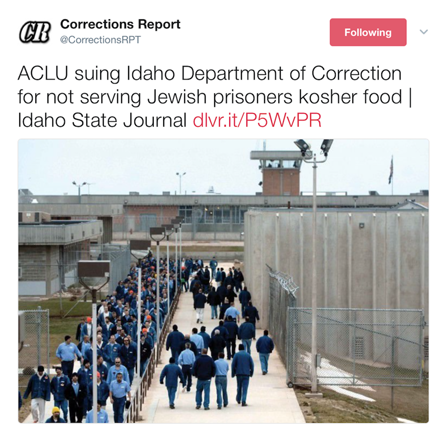
I’ve often heard the opinion that if a man breaks the law, then he no longer deserves the protection of it. If he is unjust in his behaviour toward someone else, then how can he expect to be treated justly himself? Expressing a contrary opinion, some say that if this is the case, then how can we call this a “justice system?”
This whole issue arrived to the forefront of my mind when I read of a recent case in Idaho. The American Civil Liberties Union (ACLU) has filed a class action lawsuit against the Idaho Department of Corrections for failing to provide kosher meals for four prisoners during Passover.
Idaho’s ACLU Legal Director, Richard Eppink, said, “Religious freedom is one of the most fundamental rights guaranteed under the First Amendment, whether you are incarcerated or not.” The prisoners’ attorney, Craig Durham, concurred, saying: “Religion is a powerful motivator towards an improved life, and it is especially important to many prisoners in their path to rehabilitation. Religious discrimination is not just unconstitutional, but counterproductive to the goal of corrections.”
That last statement really addresses the fundamental intent of the justice system. Does the system exist with the purpose to punish, or the purpose to educate, reform and rehabilitate?
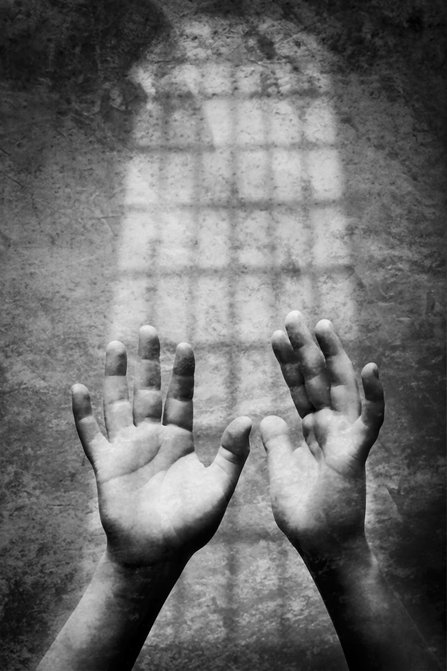
Sophocles said, “All men make mistakes, but a good man yields when he knows his course is wrong, and repairs the evil.” That is the essence of rehabilitation, of course. A man recognizes he’s done wrong, and seeks to make it right. After all, rehabilitation is “the action of restoring someone to health or normal life through training and therapy after imprisonment, addiction, or illness.” Religion, unsurprisingly, so often plays a very major part in that therapeutic process. Surely the very first thing that a man will do when confronted with imprisonment is ask himself the question: “How did it come to this?”
Therapy, repair, and—most important of all—the recovery of someone’s self-respect goes hand-in-hand with the recovery of respect for others. Respect and tolerance of your fellow human beings is a cornerstone of religion, and putting your feet on the road to self-awareness and truth so very often begins with religion. Religion is a system of beliefs, and—no matter what those beliefs may be—they are protected under the Constitution.
The justice system we have may be flawed, but we created it with a view to providing the best defense, protection, care and consideration for all, no matter who they are, no matter what they believe, and—perhaps most importantly of all—no matter what they might have done in the past.
So, here we have to step aside from those interminable arguments about ethics and morals. After all, those arguments are usually the result of confusions and misunderstandings anyway. What we have to look at isn’t the rights of the prisoner, but the rights of the human being…for, even in prison, a man is still human and deserves to be treated accordingly.
We’ve got to ask ourselves if we’re obligated to look after men and women who have broken the law. After all, the law is the law, and if you violate it surely you can no longer demand that it protect you?
Well, there’s something called the Religious Land Use and Institutionalized Persons Act of 2000. It’s a federal law that requires prisons to provide special diets for prisoners who request them. It was unanimously passed in Congress, and then upheld by the Supreme Court of the United States. That is a law too, and therefore it also has to be upheld, right?
The justice system we have may be flawed, but we created it with a view to providing the best defense, protection, care and consideration for all, no matter who they are, no matter what they believe, and—perhaps most importantly of all—no matter what they might have done in the past.






